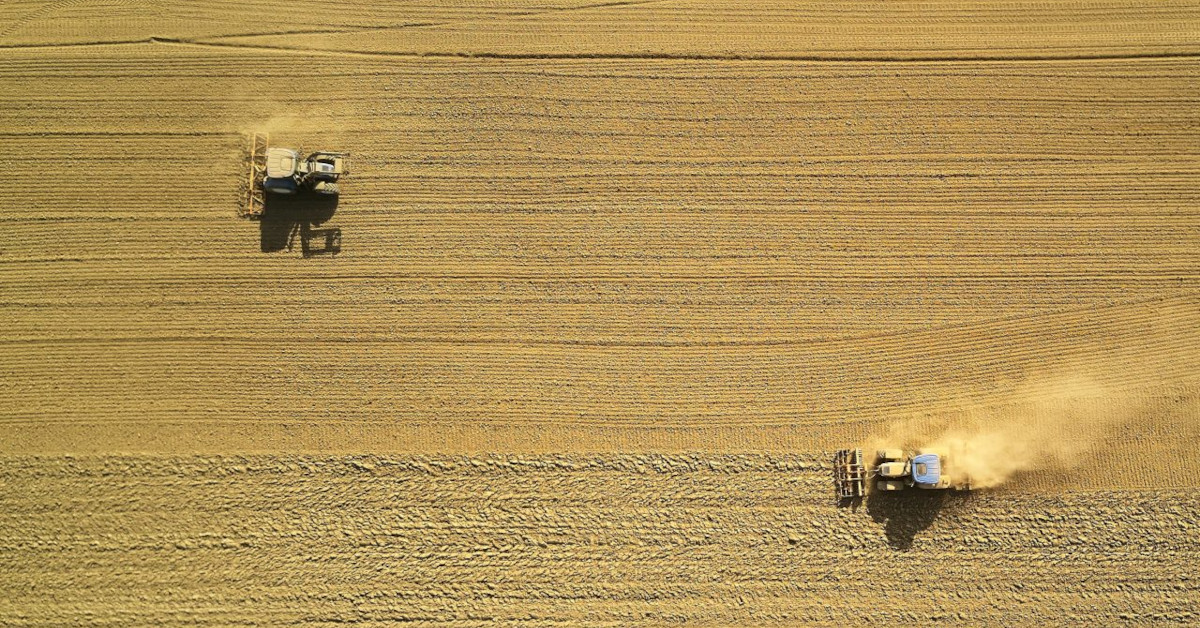The agricultural sector has become the third major non-ETS emitter of GHG emissions in Flanders. The further reduction of methane and nitrous oxide, which together account for 70% of total agricultural emissions, is therefore a major challenge. However, policies to reduce this impact have been insufficient. A voluntary industry partnership was supposed to lead the way, but it has not produced any results. A more forceful and holistic transformation of agricultural policy is due and the upcoming NECP revision should address this significant lack.
– The GHG impact of agriculture on emissions is increasing, in particular due to livestock farming.
– Policy interventions have focused on local environmental damage, but not on climate change. Their effect has been negligible.
– A more forceful and holistic transformation of agricultural policy is due and the NECP revision should address this significant lack.

Since 2019, the agricultural sector has become the third major non-ETS emitter of GHG emissions in Flanders. Moreover, agriculture is the only sector to record an increase in total GHG emissions since 2005. The main source, apart from energetic emissions (greenhouses and CHP-installations) is the increase in livestock farming. The further reduction of methane and nitrous oxide, which together account for 70% of total agricultural emissions, is therefore a major challenge.
However, policies to reduce this impact have been absent from the NECP as well as from the ongoing (Flemish) government’s policies. In response to the fact that nearly half of the agricultural sector’s greenhouse gas emissions come from the ruminant digestive process, the government called into being a voluntary industry partnership: the Enteric Emissions Covenant. Fifteen organisations, including the federations of the Belgian meat, feed and dairy industries, committed to work toward a 19% reduction by 2030 (compared to 2005).
Three years later, the results are clearly worrying. The 2020 annual report shows an increase of 7% since 2007, the 2021 annual report already shows an increase of 9%.
Counting from 2005, in line with the objective of the Covenant, the increase is no less than 12%. This voluntary approach has failed to produce the necessary results. However, the government has not taken any decisive new steps to reduce GHG-emissions from livestock. If any, policies have to date focused on local environmental damage .
A complete turnaround of the covenant, as well as a reorientation of subsidies, e.g. those used in the Flemish CAP, the Flemish Food Strategy and the Flemish Agricultural Investment Fund should be used to reduce emissions. A reduction in the amount of livestock is inevitable. This will require not just a reform of existing policies, but a more general transformation of the economic and ecological foundations of Flemish agricultural policy.

